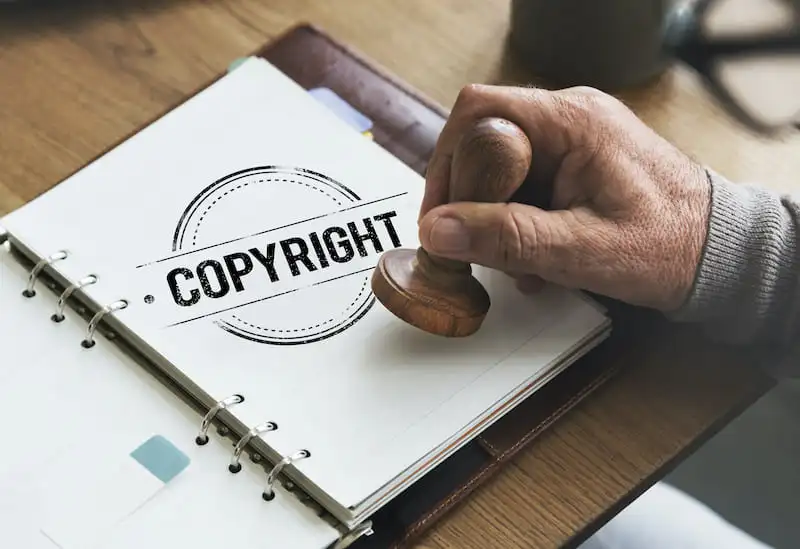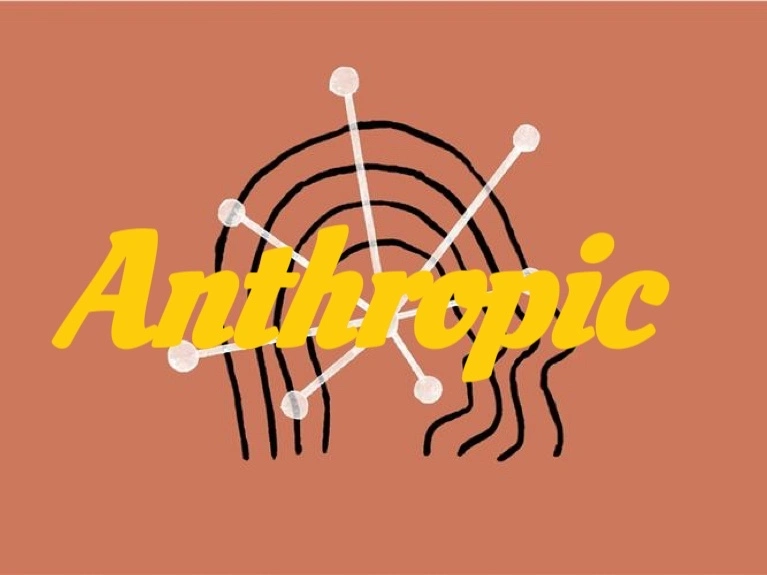- Anthropic extends legal protection to include copyright damages and defenses against claims.
- Anthropic improved the developer experience of the beta version of the message API, and the use of ai will enter various industries in the future.
- The U.S. Copyright Office is in the process of revising copyright-related regulations arising from the use of AI systems.
Anthropic, a pioneer in the field of AI, has recently updated its terms and conditions, taking a big step forward in securing user ownership and strengthening its defences against potential copyright claims. From January 1, 2024, the company’s AI chatbot, Claude, will not only protect users from allegations of copyright infringement, but will also be financially liable for settlements.
The move follows in the footsteps of industry giants such as Microsoft and Google, and suggests that recognising the importance of protecting users’ intellectual property rights is a wider trend in the rapidly evolving field of AI. At the same time, however, Anthropic asserts its right to defend copyright at a time when the works of many artists and writers are being used to train AI models.
What is the range of works that are protected by copyright? How do you determine whether an AI output is infringing? All of these questions seem very ambiguous.
Gaps in relevant regulations
In March, the U.S. Copyright Office (USCO) issued new regulations stating that works automatically generated by artificial intelligence are not protected by copyright law. In this document, the USCO stated that, unlike Photoshop works created with human involvement, works automatically generated by platforms such as Midjourney, Stability AI, ChatGPT, etc. are not protected by copyright law because they are done entirely by AI and are based on human-created works for which the training data is used. To illustrate, an AI literary work such as “creating a verse of poetry in the tone of Shakespeare” is also not protected by copyright. “Because such works mimic Shakespeare exactly in format, tone, and inflection, they actually infringe the copyrights of others.”
In addition, the USCO says that authors must clearly state which parts of the visual and textual works they are claiming were created by AI robots and which were created by humans. If the part done by the robot exceeds the limit, the author should not be able to claim copyright for it. As it stands, the U.S. Copyright Office has just extended the deadline for submitting reply comments on the study of copyright and policy issues related to AI systems until December 6, 2023. This is the first of two extensions to the deadline for reply comments that the Copyright Office has issued in September and November since the August publication. As they say, ” the extension will ensure a more inclusive and thorough public engagement process to address copyright-related issues arising from the use of AI systems.”

A big step for copyright protection
Anthropic’s updated terms and conditions explicitly promise to grant customers ownership of any output produced through the use of their services. This is an important development given the ongoing debate in the creative community about the use of artwork to train AI models without proper attribution or compensation. Anthropic’s CEO emphasised the company’s commitment to user rights in a statement, saying: “We’re introducing new, streamlined terms of service, expanding copyright compensation and improving the developer experience with our beta messaging API. Customers will now enjoy greater protection and peace of mind when building with Claude, as well as a streamlined API that’s easier to use.”
The company will protect customers from any claims of copyright infringement arising from the authorised use of its services or output. In addition, the company is willing to bear the financial burden of approving settlements or judgments resulting from such claims.
It is important to note, however, that these copyright protections come with a caveat – they will not apply if the client “knew or reasonably should have known” that they were infringing copyright. This is in line with Anthropic’s previous position to the US Copyright Office, where the company claimed that users should not use Claude to create output that infringes copyrighted works.
Also read: Amazon Invests $4 Billion in AI Startup Anthropic
Messages API beta
In addition to strengthening copyright protection, Anthropic has also launched the Messages API beta, which is designed to improve the developer experience and catch bugs early in the development process. Looking ahead, Anthropic has exciting plans for the Claude API, with upcoming features including powerful function calls and expanded access to enable developers and enterprises to build with trusted AI solutions.

